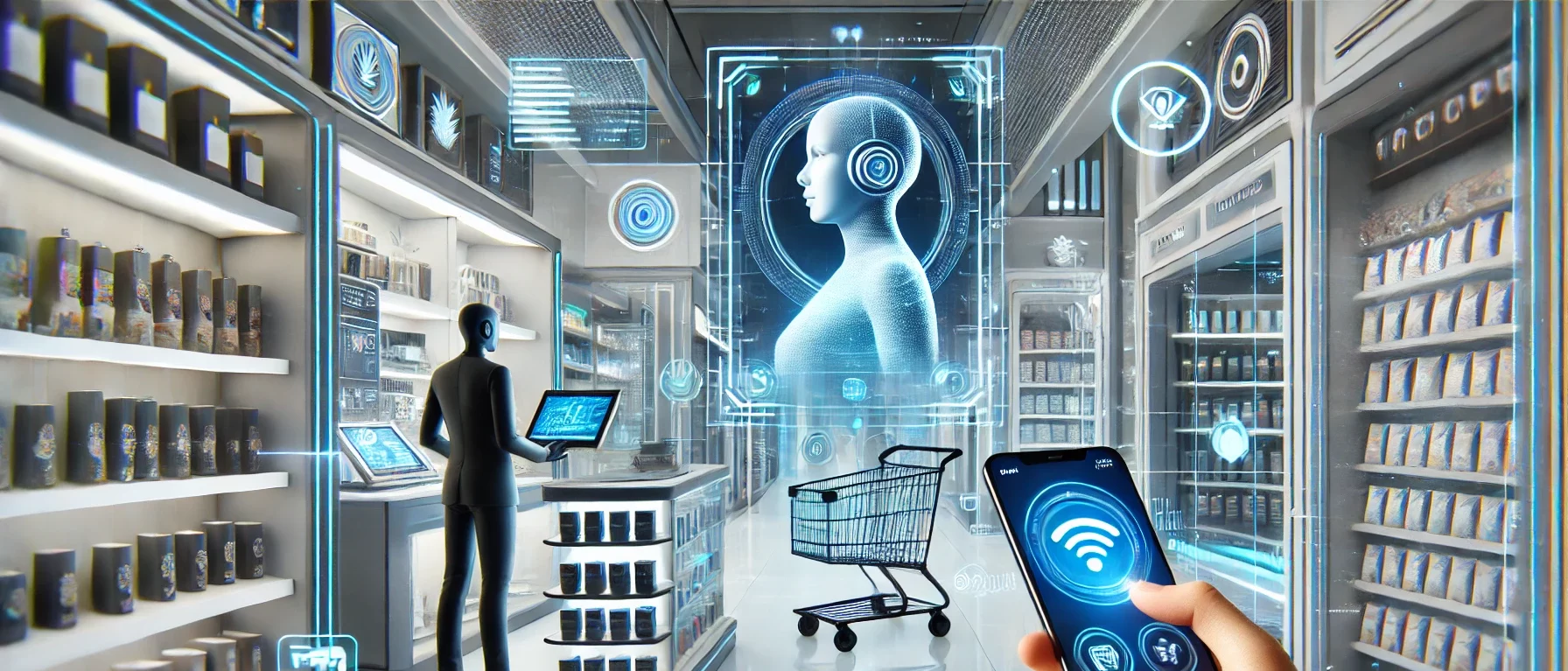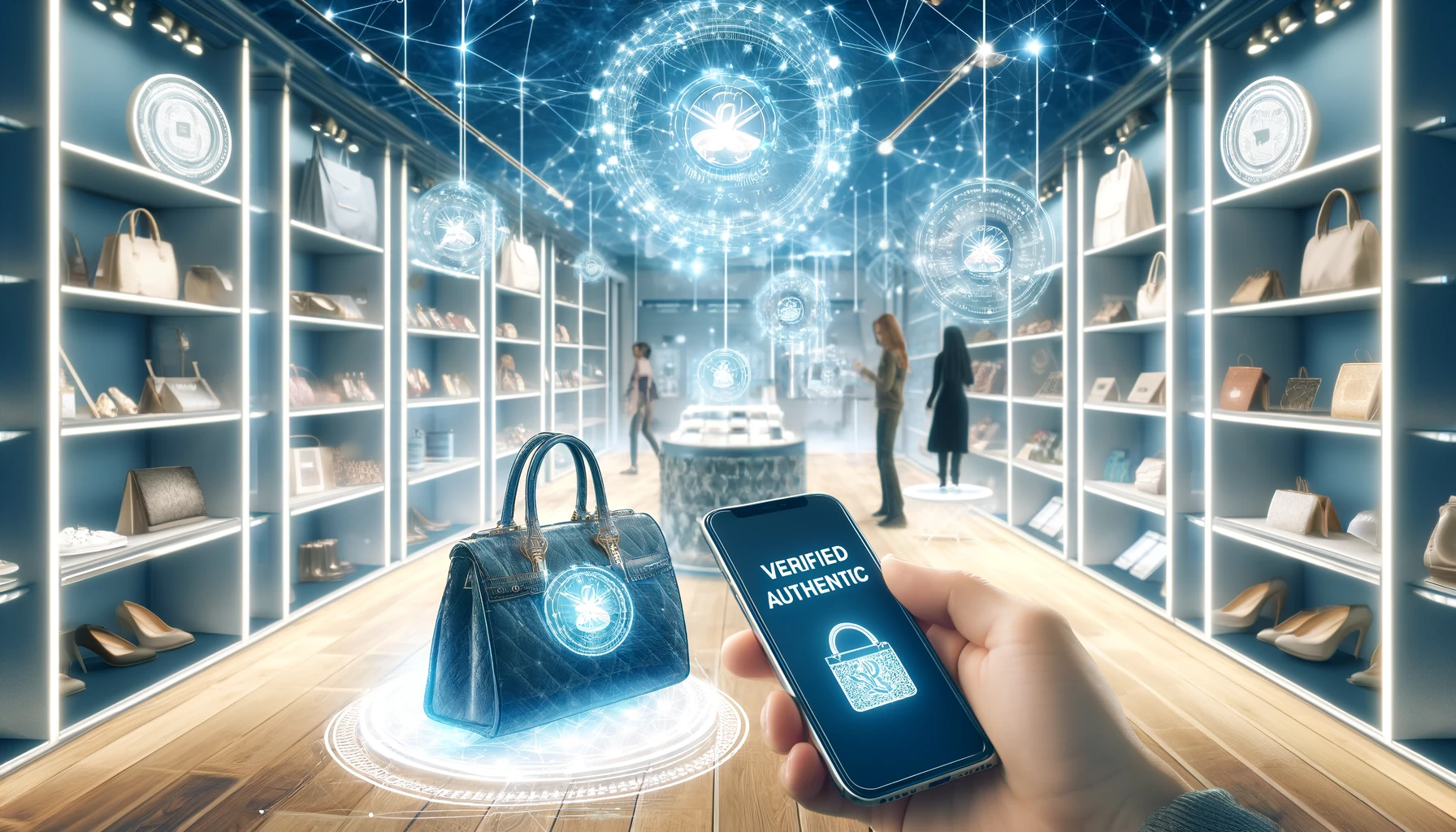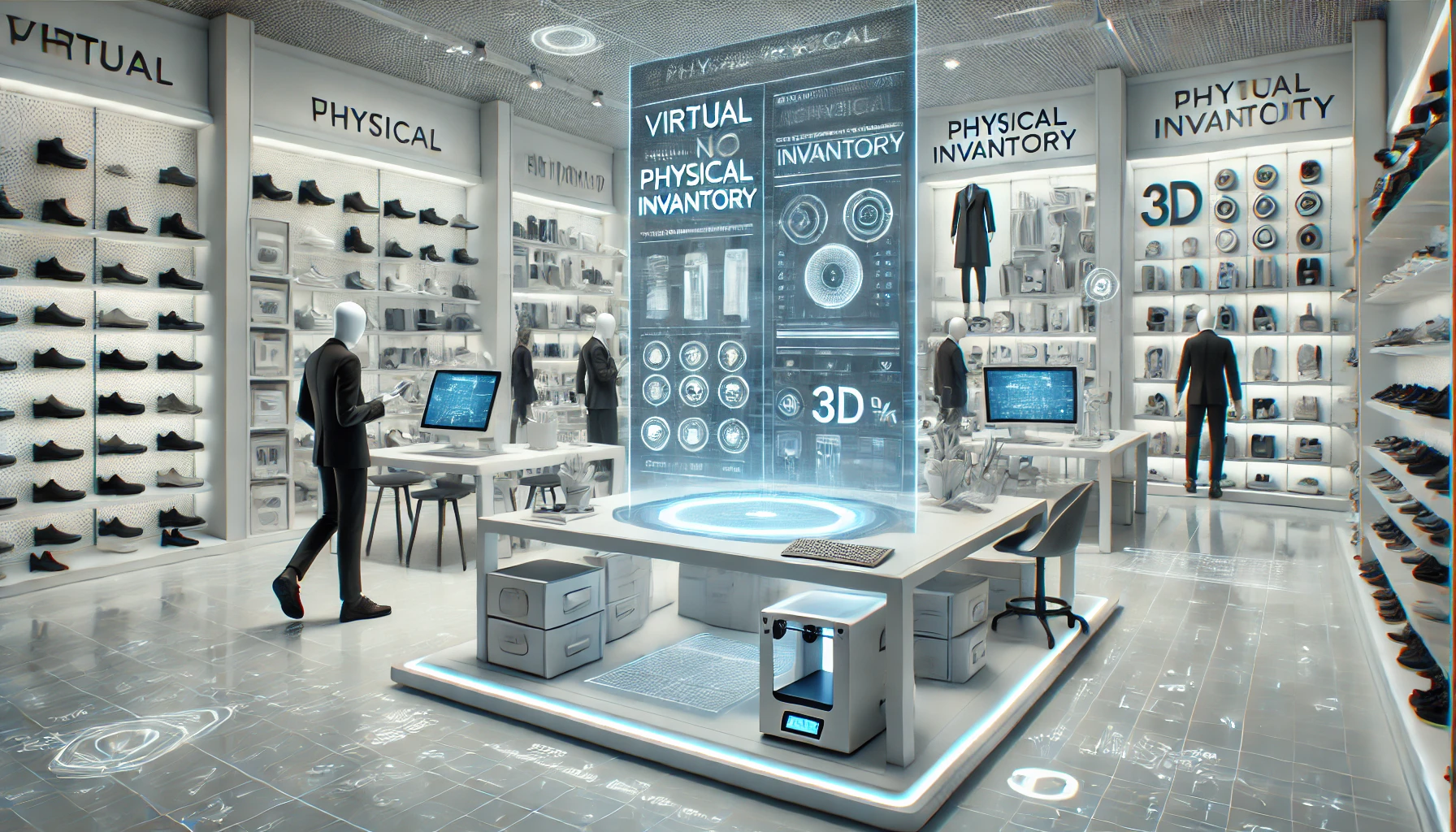The retail industry is on the brink of a transformative revolution, driven by the advent of advanced data analytics and artificial intelligence (AI). This new era, known as Subconscious Commerce, promises to anticipate and fulfill consumer desires before they even become aware of them, thereby creating a more seamless and intuitive shopping experience.
Understanding Subconscious Commerce
Subconscious Commerce is an innovative approach where retailers harness the power of AI and data analytics to predict and meet the needs of consumers at an almost instinctive level. This concept goes beyond traditional personalized shopping experiences. It delves into the realm of anticipatory retail, where consumer desires are not only understood but preemptively acted upon.
This anticipatory nature of Subconscious Commerce relies on understanding deep-seated consumer behaviors and preferences. It’s about predicting needs based on subtle cues and patterns that consumers themselves might not consciously recognize. This proactive approach aims to remove friction from the shopping experience, making it as effortless as possible for consumers.
The Role of Advanced Data Analytics
At the heart of Subconscious Commerce lies advanced data analytics. Retailers collect and analyze vast amounts of data from various sources, including past purchase histories, browsing behaviors, social media interactions, and even real-time data from smart devices. This data is then processed using sophisticated algorithms to identify patterns and predict future consumer behavior.
For instance, a consumer’s frequent purchase of baby products could indicate the presence of a young child in the household. By analyzing the frequency and timing of these purchases, retailers can predict when more products might be needed, such as diapers or baby food. This predictive capability ensures that these items are readily available, either in-store or through automated delivery systems, before the consumer even realizes they need them.
Data analytics also extends to understanding broader market trends and consumer sentiment. By analyzing social media trends and online reviews, retailers can gauge the popularity of certain products or predict seasonal demand spikes. This allows them to manage inventory more effectively and reduce the risk of stockouts or overstock situations.
AI: The Brain Behind the Operation
Artificial intelligence plays a crucial role in enabling Subconscious Commerce. AI algorithms continuously learn and adapt to individual consumer behaviors, refining their predictions with each interaction. These algorithms can determine not only what a consumer might want but also the best time to offer it, the preferred channel of communication, and even personalized pricing strategies.
AI-driven chatbots and virtual assistants further enhance the shopping experience by providing real-time assistance and recommendations. These intelligent systems can engage in natural conversations with consumers, understand their needs, and offer solutions instantly, creating a highly personalized and efficient shopping experience.
For example, an AI assistant might notice that a consumer often purchases coffee beans around the same time each month. It can then suggest a subscription service that automatically delivers the preferred brand of coffee beans just before the current supply runs out, ensuring that the consumer never runs out of their favorite coffee.
Auto-Stocking: A New Paradigm in Convenience
One of the most groundbreaking aspects of Subconscious Commerce is the concept of auto-stocking. Imagine a world where your home is automatically stocked with items you need, without you having to lift a finger. This is made possible through smart devices and IoT (Internet of Things) technology that monitors the usage of products in your home.
For instance, your smart refrigerator can track the consumption of milk and automatically place an order for a new carton when it detects that you are running low. Similarly, your pantry can be restocked with essential groceries based on your consumption patterns, ensuring that you never run out of your favorite snacks or ingredients.
This auto-stocking feature extends to various aspects of daily life, such as household supplies, personal care products, and even clothing. Smart wardrobes could suggest new clothing items based on weather forecasts and your personal style preferences, and they could automatically order replacements for worn-out items.
Personalized Shopping Experiences
Subconscious Commerce also revolutionizes in-store shopping by creating highly personalized experiences. When a consumer enters a store, AI-powered systems can recognize them through facial recognition technology or loyalty program data. The store can then tailor the shopping experience based on the consumer’s preferences and past behaviors.
For example, digital displays can show personalized advertisements or promotions as the consumer walks through the store. Smart shelves can highlight products that align with their preferences, and mobile apps can provide a customized shopping list or route to make the shopping trip more efficient.
These personalized experiences extend beyond product recommendations. AI can analyze a consumer’s shopping habits and preferences to suggest new products or services they might not have considered. For instance, if a consumer frequently buys ingredients for Italian cuisine, the system might suggest a cooking class or a subscription to a gourmet food delivery service.
The Benefits of Subconscious Commerce
The benefits of Subconscious Commerce are manifold. For consumers, it means unparalleled convenience and a highly personalized shopping experience. They no longer have to worry about running out of essential items or spending time searching for products that match their preferences. Everything they need is anticipated and provided seamlessly.
For retailers, Subconscious Commerce offers a competitive edge in a crowded market. By leveraging advanced data analytics and AI, they can build stronger relationships with consumers, increase customer loyalty, and drive higher sales. Additionally, the efficiency gains from auto-stocking and personalized marketing strategies can lead to significant cost savings and improved operational efficiency.
Moreover, retailers can gain valuable insights into consumer preferences and market trends, enabling them to make more informed decisions about product development and inventory management. This can lead to more effective marketing campaigns and a better understanding of consumer behavior, ultimately driving business growth.
The Future of Retail
As Subconscious Commerce continues to evolve, it will redefine the retail landscape. Retailers who embrace this concept will be able to provide an unparalleled level of service, meeting consumer needs before they even arise. This anticipatory approach will create a more intuitive and satisfying shopping experience, fostering deeper connections between consumers and brands.
In conclusion, Subconscious Commerce represents the next frontier in retail innovation. By leveraging advanced data analytics and AI, retailers can anticipate and fulfill consumer desires at a subconscious level, creating a seamless and intuitive shopping experience that sets a new standard for convenience and personalization. The future of retail is here, and it is more intelligent and intuitive than ever before.
Challenges and Considerations
While the promise of Subconscious Commerce is exciting, it also brings certain challenges and considerations that retailers must address. Privacy concerns are paramount, as the collection and use of consumer data must be handled with utmost care and transparency. Consumers need to trust that their data is being used responsibly and securely.
Furthermore, the implementation of AI and advanced data analytics requires significant investment in technology and expertise. Retailers must ensure they have the infrastructure and talent to support these advanced systems, which may require collaboration with technology providers and ongoing training for staff.
Finally, while the idea of anticipatory retail is appealing, it is essential to maintain a balance between automation and human interaction. Consumers value personalized service, and there will always be a need for human touchpoints in the shopping experience. Retailers must strive to integrate technology in a way that enhances rather than replaces the human element of retail.
Subconscious Commerce is set to revolutionize the retail industry, offering a level of convenience and personalization previously unimaginable. By leveraging advanced data analytics and AI, retailers can anticipate and fulfill consumer desires before they even become aware of them, creating a seamless and intuitive shopping experience. As this concept continues to evolve, it will redefine the relationship between consumers and retailers, setting a new standard for the future of retail. The journey towards Subconscious Commerce is just beginning, and its potential to transform the retail landscape is boundless.




